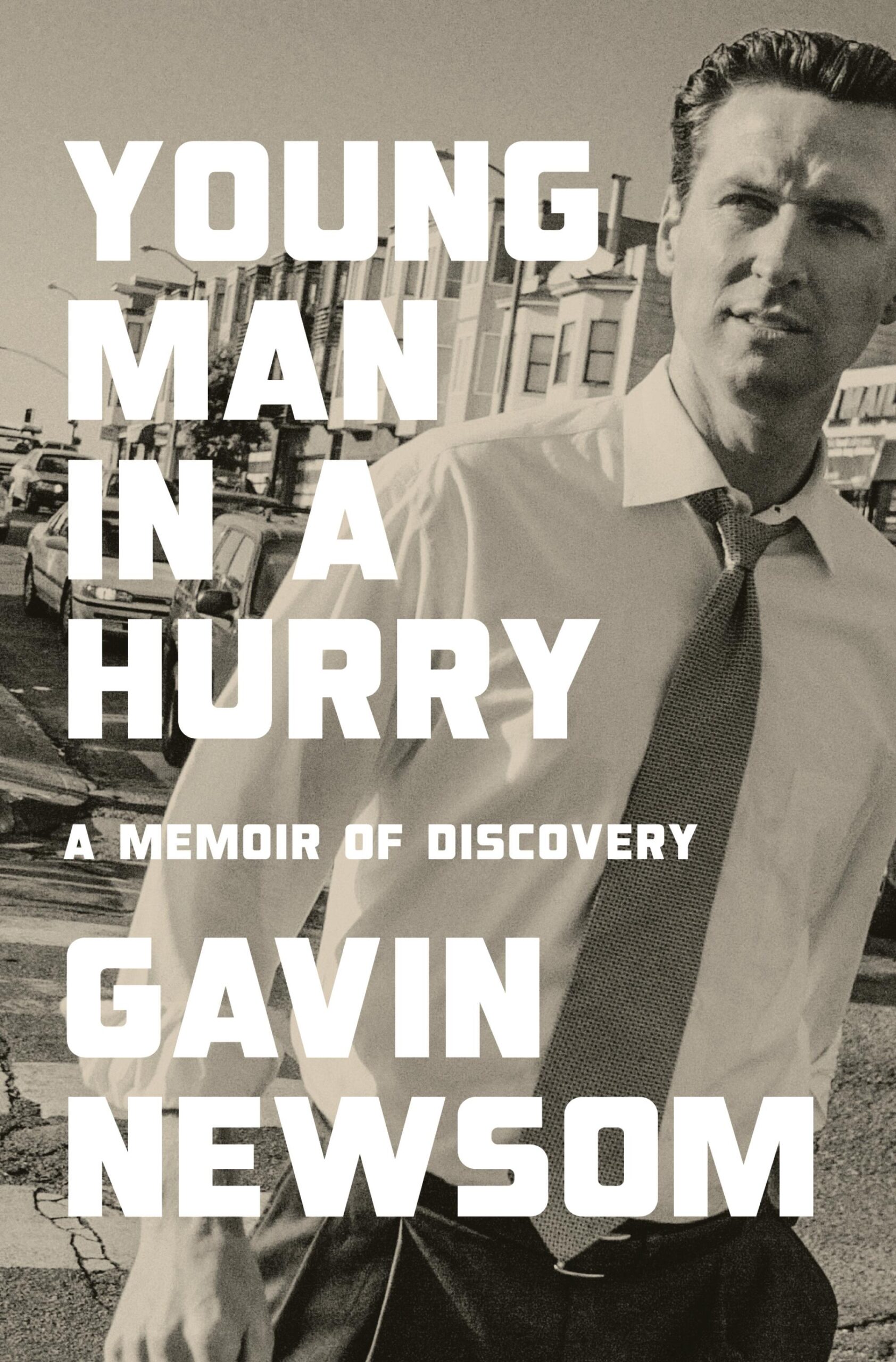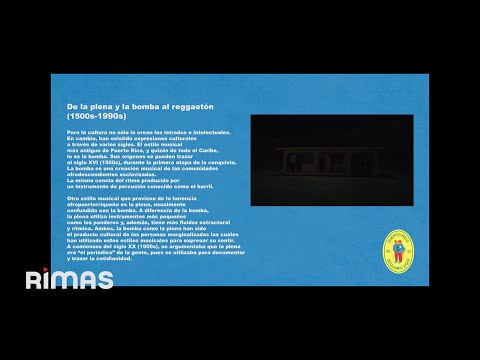Essay: Gavin Newsom: They told me it was political suicide. I did it anyway
This essay is excerpted from Gov. Gavin Newsom’s new memoir, “Young Man in a Hurry: A Memoir of Discovery.”
On January 20, 2004, I took a seat in the gallery of the House of Representatives to hear President Bush deliver his State of the Union address. The seat came courtesy of House Minority Leader Nancy Pelosi. Ten months earlier, Bush had made the decision to invade Iraq after his administration’s historic campaign of lies convinced the American people that Saddam Hussein possessed weapons of mass destruction. We would not extricate ourselves from that costly conflict for another seventeen years. Much of his speech that night was a further attempt to sell to the nation the justification for his war. “Had we failed to act, the dictator’s weapons of mass destruction programs would continue to this day,” Bush said. He characterized the Patriot Act, which had unleashed a new magnitude of spying on American citizens, as “one of those essential tools” in the war on terror.

“Young Man in a Hurry: A Memoir of Discovery” by Gavin Newsom
(Penguin Press)
On the Shelf
Young Man in a Hurry: A Memoir of Discovery
By Gavin Newsom
Penguin Press: 304 pages, $30
If you buy books linked on our site, The Times may earn a commission from Bookshop.org, whose fees support independent bookstores.
The rest of his speech was standard fare, ho-hum really, until he reached a section near the end about American values and the need for us to “work together to counter the negative influences of the culture and to send the right messages to our children.” He said he was troubled by activist judges in activist states who were threatening to undo the Defense of Marriage Act signed into law by his predecessor, President Bill Clinton. We had to “defend the sanctity of marriage” as the union of one man and one woman, he said. If need be, he would seek a constitutional amendment to ban same-sex marriage.
As I was leaving the chamber, a middle-aged couple next to me was talking about how pleased they were that their president was finally confronting the “homosexual agenda.” The word homosexual came out of their mouths bent by contempt. I was supposed to head downstairs for a reception with Congresswoman Pelosi and a delegation of California Democrats, but I needed a breath of fresh air. Outside the Capitol, I kept walking and muttering to myself. “These are my people Bush is attacking. My constituents. My staff. My closest advisers.” In the cold and dark of Washington, I called one of my aides back in San Francisco and pledged that I was “going to do something about it” as soon as I returned home.
The law in our state was no different from the law in every other state. Same-sex unions could not be recognized by the local assessor-recorder’s office. They were illegal. As I explained to aides my willingness to now defy that law, I held up a copy of the California Constitution. In Article I, the first section promises that “all people are by nature free and independent and have inalienable rights.” Among these rights are pursuing and obtaining “safety, happiness and privacy.” It was not until Section 7.5 that these rights were then abridged: “Only a marriage between a man and a woman is valid or recognized in California.” This not only contradicted the first section but was discriminatory on its face.
My top staff didn’t disagree with my reading, but almost to a person they were opposed to my taking on the issue. Steve Kawa, my chief of staff, a gay Bostonian whose accent cut through all nonsense, pulled me aside and spoke from his heart. His father had renounced him for being gay, and he wanted nothing more than to live in an America where homophobia was no longer the norm. But swinging open the doors to the city clerk’s office and inviting gay men and lesbian women to the marriage altar was political suicide, he argued. We were new to office, for one thing. And polls showed that less than one third of Californians supported gay marriage.
The “go it slow” admonition was the mother’s milk of Democratic politics. In the endless battle for the hearts and minds of moderates, it seemed the only feasible way for a Democrat to get elected and govern. But this was San Francisco, and we were talking about equal protection under the law for a class of people whose ostracism by family, friends, and community had brought them to San Francisco in the first place. If not here, where? Eric Jaye, one of my campaign consultants, could see my quandary. I was caught between my conscience and the sound political advice of the people closest to me. We had several late-night conversations on the phone. “What the f— are you doing here? Why did we work so hard to win if you can’t do something bold?” he asked. “This is a short life, Gavin. Your time as a politician to get things done is just a blip.”
I thought back to my model for the wine store. The entire purpose was to turn the staid on its head and create a new reality. I called Joyce Newstat, my policy director, who was also gay. “We need to do this,” I told her. She could hear in my voice that I had made up my mind. “OK, but we can’t afford to take a wrong step,” she said. “Gays and lesbians have a history of being blindsided, and you don’t want to become part of that narrative. Give me a week or two to reach out to the community.” Joyce sat down with Kate Kendell, the brilliant executive director of the National Center for Lesbian Rights, based in San Francisco. “Who is this guy?” Kendell wondered. “He can’t just come waltzing in here and upset the delicate balance we’ve taken years to achieve.” Joyce told her I couldn’t be talked out of it, that it had become internalized after I had gone to Washington and heard the words of bigotry ring out in the Capitol. “Well, OK. But if he’s going to do it, he has to do it right,” Kendell said. She directed her attorneys at the center to work with our team on fashioning a plan.
I then went to Mabel Teng, my former colleague on the board of supervisors who was now the assessor-recorder of San Francisco. I asked her what complications would be presented to her official duties if we allowed same-sex marriages at city hall. Mabel, who began her career in politics as an activist with Jesse Jackson’s Rainbow Coalition, did not surprise me with her reply. “It would be no problem at all, Mayor.” The marriage of a man and a man, or a woman and a woman, would require hardly any change to the paperwork. Rather than “man and wife,” they would show up in her computer as “Applicant One” and “Applicant Two.”
Alarmed by my plans, my father and Uncle Brennan and their close friend Joe Cotchett — each one steeped in law and politics but only Joe standing six foot four and a former Special Forces paratrooper —attempted a last-minute intervention. They lured me to the Balboa Cafe for dinner and wine. They weren’t the kind to beat around the bush. Did I realize that I was about to torpedo my political career?
Joe got right in my face. “Why are you doing this, Gavin?”
“I’ll tell you why I’m doing this,” I said defiantly. “Because it’s the right thing to do.”
I could not have given him a more simple and true answer, and it seemed to hit Joe, who had built his career out of representing the underdog, right in the gut.
“OK,” he said in a different voice. “Then let’s do it.”
With that, my father and uncle went quiet. Not another word was said about it. I left there that night thinking that even my Newsom kin, the ones who had my best interests at heart, could get it wrong from time to time. While I was open to skepticism and second-guessing, indeed I welcomed such a process, in the end I had to trust my own gut. On the matter of civil rights for all Californians, there was no turning back. As for big Joe Cotchett, he ended up joining the ranks of lawyers fighting for the legal right to same-sex marriage.
From “Young Man in a Hurry: A Memoir of Discovery” by Gavin Newsom, published by Penguin Press, an imprint of Penguin Publishing Group, a division of Penguin Random House LLC. Copyright © 2026 by Gavin Newsom.


